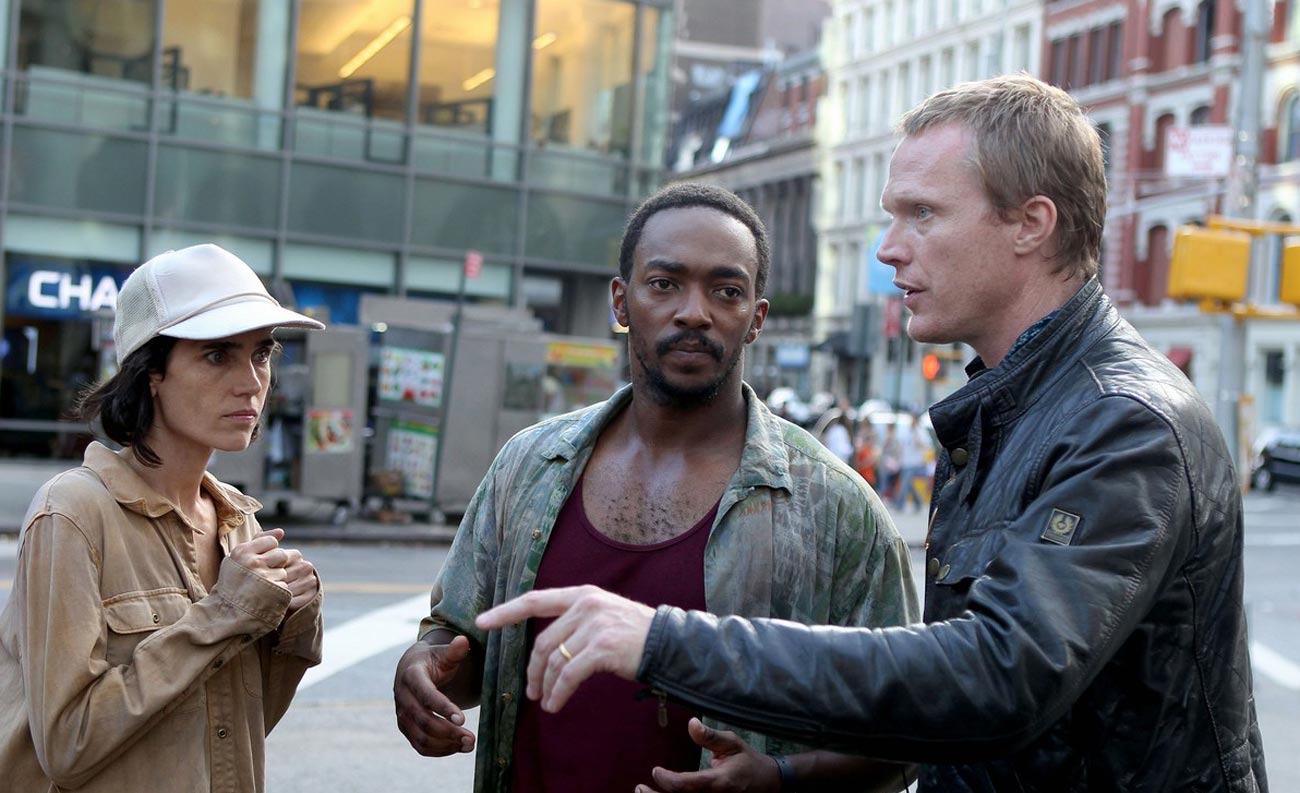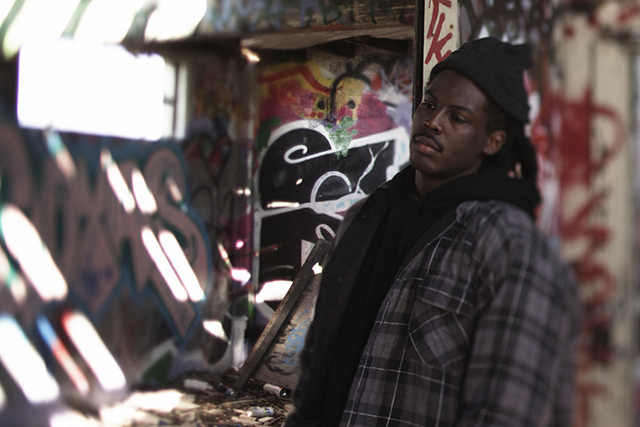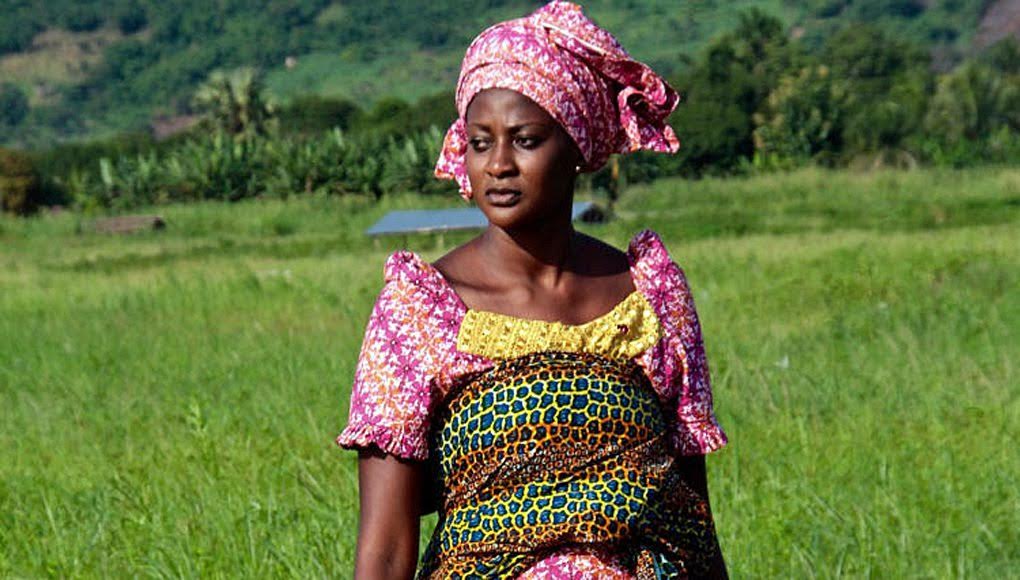 As a Black woman, who is currently child free, motherhood seems like a foreign concept to me. The thought of putting someone else’s needs and desires above my own is an alarming idea, one I’m uncertain I’ll ever be prepared for. What I do know about motherhood is what I’ve learned from my own mother. You simply have to give; openly, freely, and without question.
As a Black woman, who is currently child free, motherhood seems like a foreign concept to me. The thought of putting someone else’s needs and desires above my own is an alarming idea, one I’m uncertain I’ll ever be prepared for. What I do know about motherhood is what I’ve learned from my own mother. You simply have to give; openly, freely, and without question.
Ghanaian director Priscilla Anany’s debut feature, “Children of the Mountain” follows Essuman, a beautiful yam merchant through her journey of acceptance and motherhood. Played by Ghanaian/Nigerian actress Rukiyat Masud, Essuman lives in metropolitan Accra. She has chosen to defy tradition by boldly taking up with her neighbor’s man, and having his child. The film opens in the final days of her pregnancy. Though her neighbors whisper about her circumstances, she holds her head high while proudly rubbing her swollen belly. Essuman is arrogant and naive about her future. Like many women that have come before her, and those that will come after, she has allowed herself to get swept away in her lover, Edjah’s, empty promises. Determined to bring a male child into the world, so that Edjah will marry her, Essuman’s dreams are shattered soon after she gives birth.
Essuman’s son, Nuku, is born with a clef lip, cerebral palsy and Down syndrome. As he takes his first breath, the bubble that has encased Essuman immediately bursts. Appalled by the baby’s appearance, Edjah uses his mother as his mouthpiece to reject both Nuku and Essuman. The cruel, old woman goes as far as to suggest that Essuman put the child out of his misery. Essuman’s sole confidant during this tumultuous time is her best friend, Asantewaa. A barren woman, Asantewaa sees the beauty in Nuku even when Essuman refuses to. It is not Essuman, but Asantewaa who comforts and holds him during his first days of life. Though Essuman eventually begins to bond with her son despite his disabilities, a heartbreaking diagnosis from the doctor sets her off into an obsessive tailspin. Desperately searching for a cure to her son’s illnesses, Essuman leaves no stone unturned. She seeks the help of everyone, from conniving medicine men to volatile religious leaders.
Continue reading at Shadow and Act.
Image: Children of the Mountain



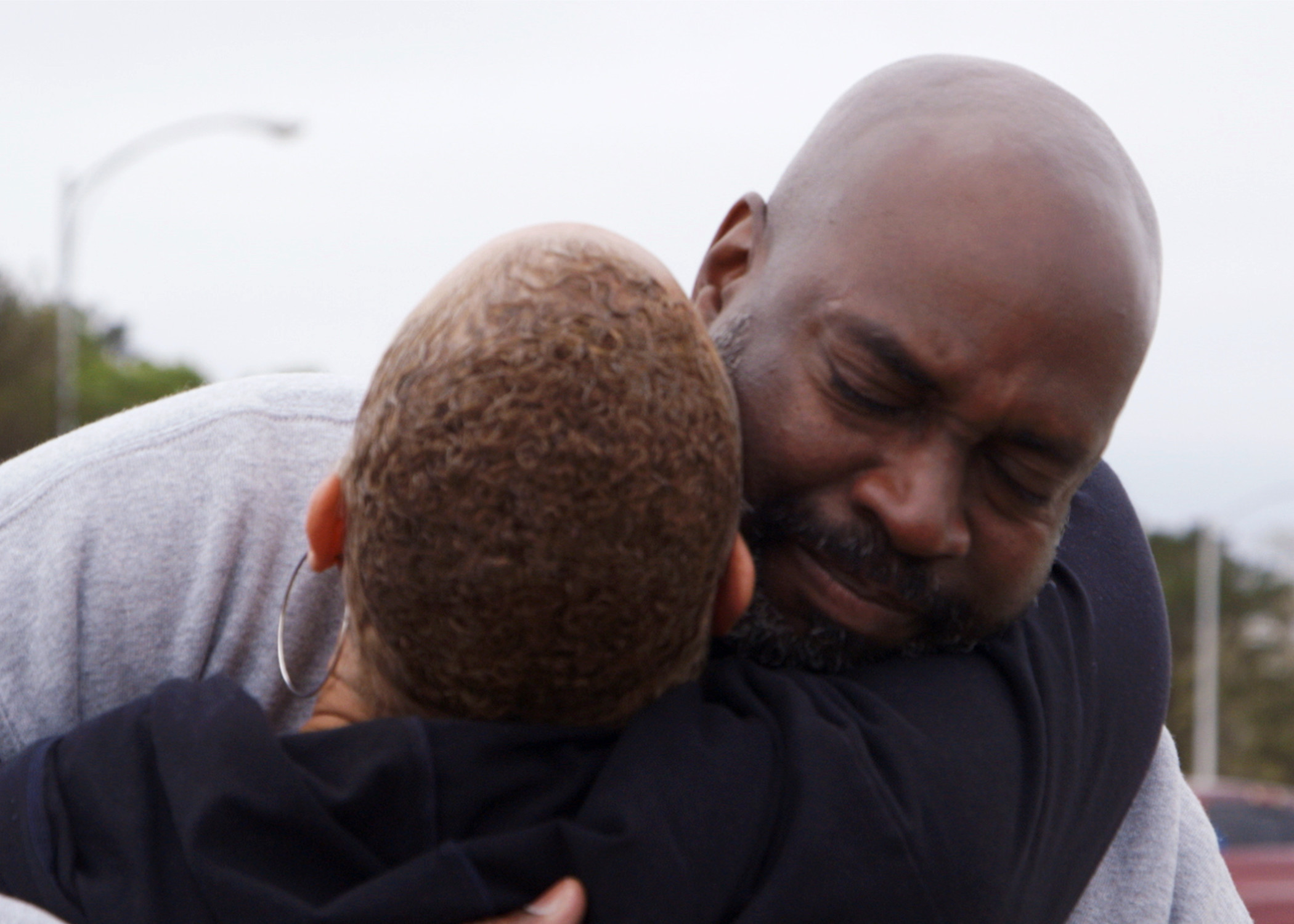 Our society likes to paint a certain picture of the incarcerated. They are likened to monstrous beasts that we are forced to lock up in cages. We’re told that they’re dangerous and irredeemable, not worthy of walking the streets among us. However, as those whose lives have been cruelly interrupted by the criminal justice system know, that could not be further from the truth. These men and women are our mothers, fathers, sisters and brothers. Our journeys have taken different paths, but sometimes those paths wind up merging once again.
Our society likes to paint a certain picture of the incarcerated. They are likened to monstrous beasts that we are forced to lock up in cages. We’re told that they’re dangerous and irredeemable, not worthy of walking the streets among us. However, as those whose lives have been cruelly interrupted by the criminal justice system know, that could not be further from the truth. These men and women are our mothers, fathers, sisters and brothers. Our journeys have taken different paths, but sometimes those paths wind up merging once again.
 I grew up in a two-religion household. Whether I was reading, cooking, or playing with my sister, my father’s prayers to Allah were often heard in the background. I can see him now; his freshly washed feet stepping gracefully on his prayer mat, his body folding deeply as his forehead touched the ground. The ritual of it all, his hands open, palms faced up, and his voice murmuring Arabic was always soothing to me. However, on Sundays, my mother dressed my sister and I up in lacy socks and velvety dresses, and the three of us drove across town to worship at a small Black Catholic church on the West Side of Chicago. This was the same church she’d attended as a girl. I can recall the scripture moving me sometimes, but it was always the songs that I looked forward to the most. By the time I hit puberty, we’d pretty much stopped attending church altogether, but my father’s faith remained a constant for him. As an adult, I’ve gone several times to one of the bigger churches in Harlem, but my attendance certainly hasn’t been regular. I’m not sure what it would take for me to return full-time.
I grew up in a two-religion household. Whether I was reading, cooking, or playing with my sister, my father’s prayers to Allah were often heard in the background. I can see him now; his freshly washed feet stepping gracefully on his prayer mat, his body folding deeply as his forehead touched the ground. The ritual of it all, his hands open, palms faced up, and his voice murmuring Arabic was always soothing to me. However, on Sundays, my mother dressed my sister and I up in lacy socks and velvety dresses, and the three of us drove across town to worship at a small Black Catholic church on the West Side of Chicago. This was the same church she’d attended as a girl. I can recall the scripture moving me sometimes, but it was always the songs that I looked forward to the most. By the time I hit puberty, we’d pretty much stopped attending church altogether, but my father’s faith remained a constant for him. As an adult, I’ve gone several times to one of the bigger churches in Harlem, but my attendance certainly hasn’t been regular. I’m not sure what it would take for me to return full-time.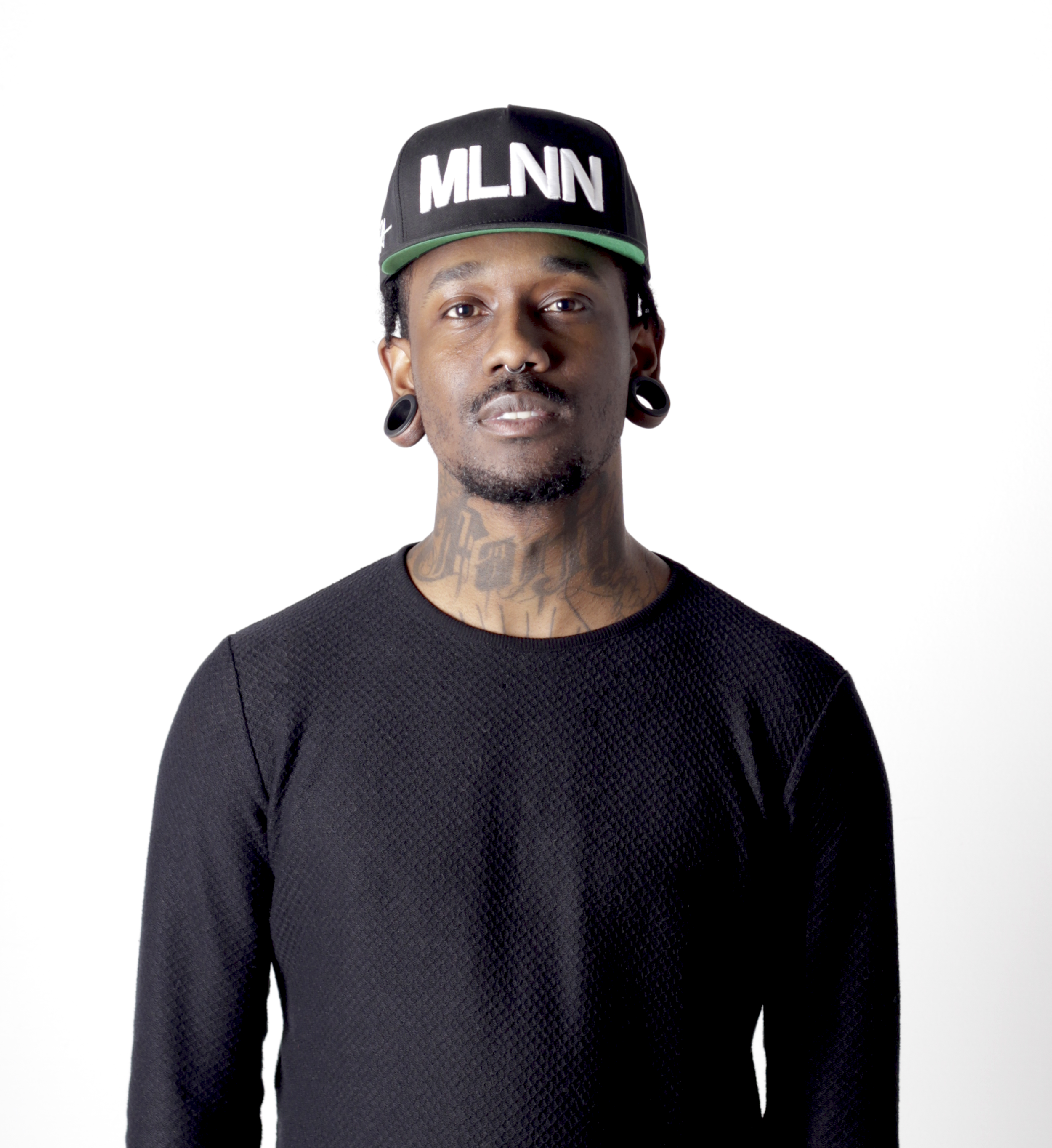
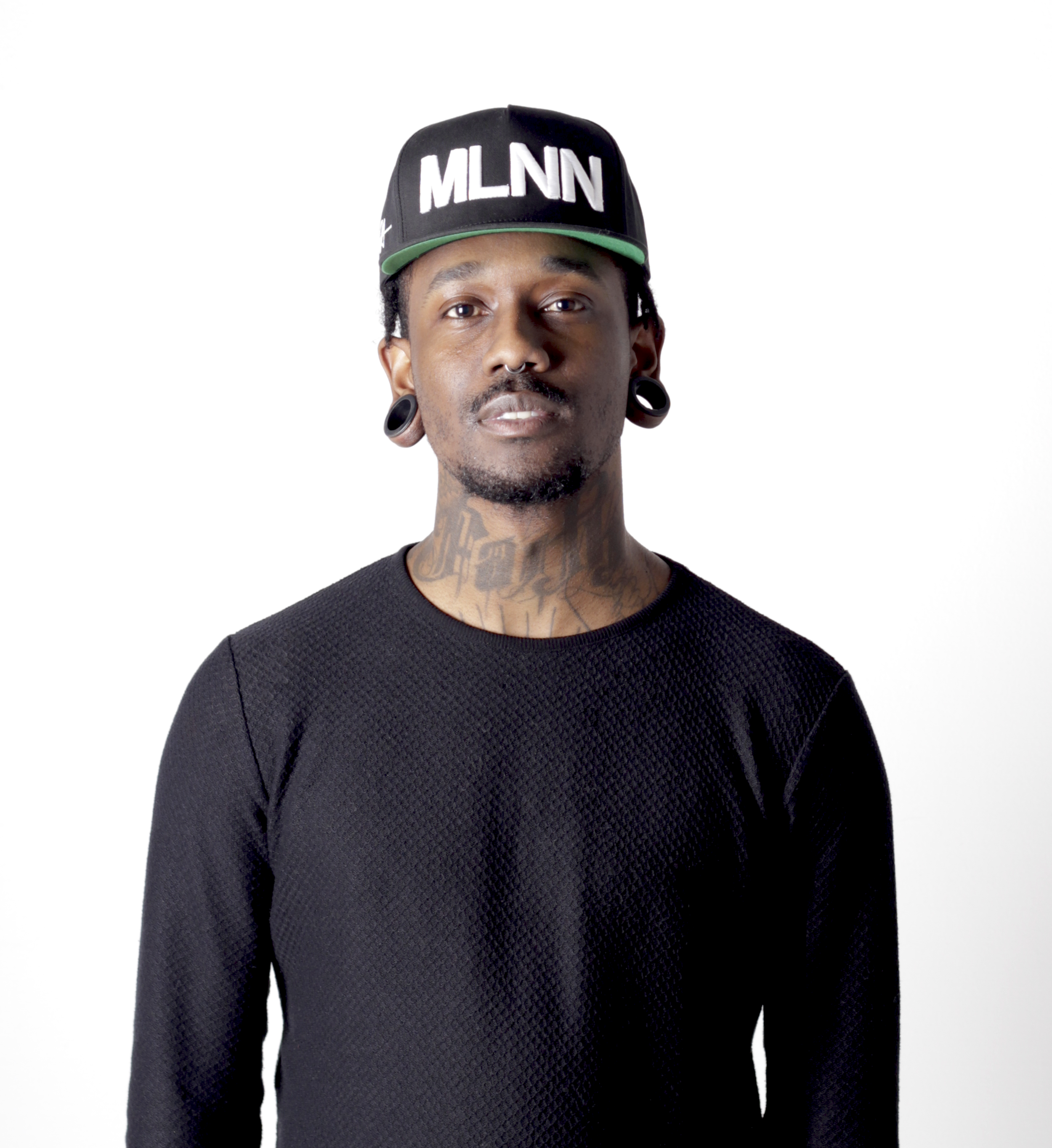 Growing up, I spent many Saturday mornings with my eyes glued to cartoons on the television screen. Superheroes, whether it was Batman, Superman or the Teenage Mutant Ninja Turtles, have always been a part of my life in some small way or another. Though I moved on from these iconic characters to fantasy epics like “Harry Potter” and “Lord of the Rings”, superheroes have once again returned to the forefront of popular culture. For me, it was Christopher Nolan’s “Batman” trilogy and the revival of the Marvel and DC Comic franchises in the past few years that grabbed my attention. Unfortunately, as with most programming that comes out of Hollywood, these “new age” superheroes have failed to represent people of color. However, with Chadwick Boseman being cast as Black Panther, and with the franchise being helmed by critically acclaimed director Ryan Coogler, this has begun to change that conversation. Big changes are also happening on a slightly smaller scale.
Growing up, I spent many Saturday mornings with my eyes glued to cartoons on the television screen. Superheroes, whether it was Batman, Superman or the Teenage Mutant Ninja Turtles, have always been a part of my life in some small way or another. Though I moved on from these iconic characters to fantasy epics like “Harry Potter” and “Lord of the Rings”, superheroes have once again returned to the forefront of popular culture. For me, it was Christopher Nolan’s “Batman” trilogy and the revival of the Marvel and DC Comic franchises in the past few years that grabbed my attention. Unfortunately, as with most programming that comes out of Hollywood, these “new age” superheroes have failed to represent people of color. However, with Chadwick Boseman being cast as Black Panther, and with the franchise being helmed by critically acclaimed director Ryan Coogler, this has begun to change that conversation. Big changes are also happening on a slightly smaller scale.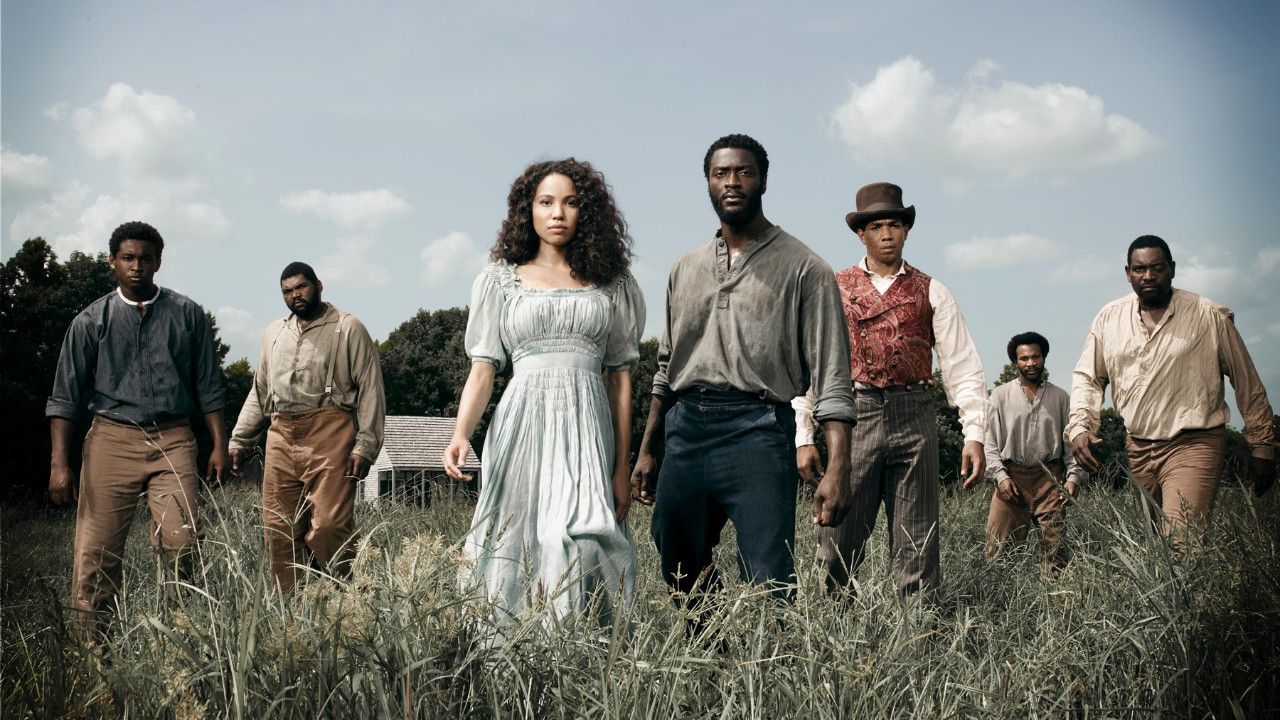
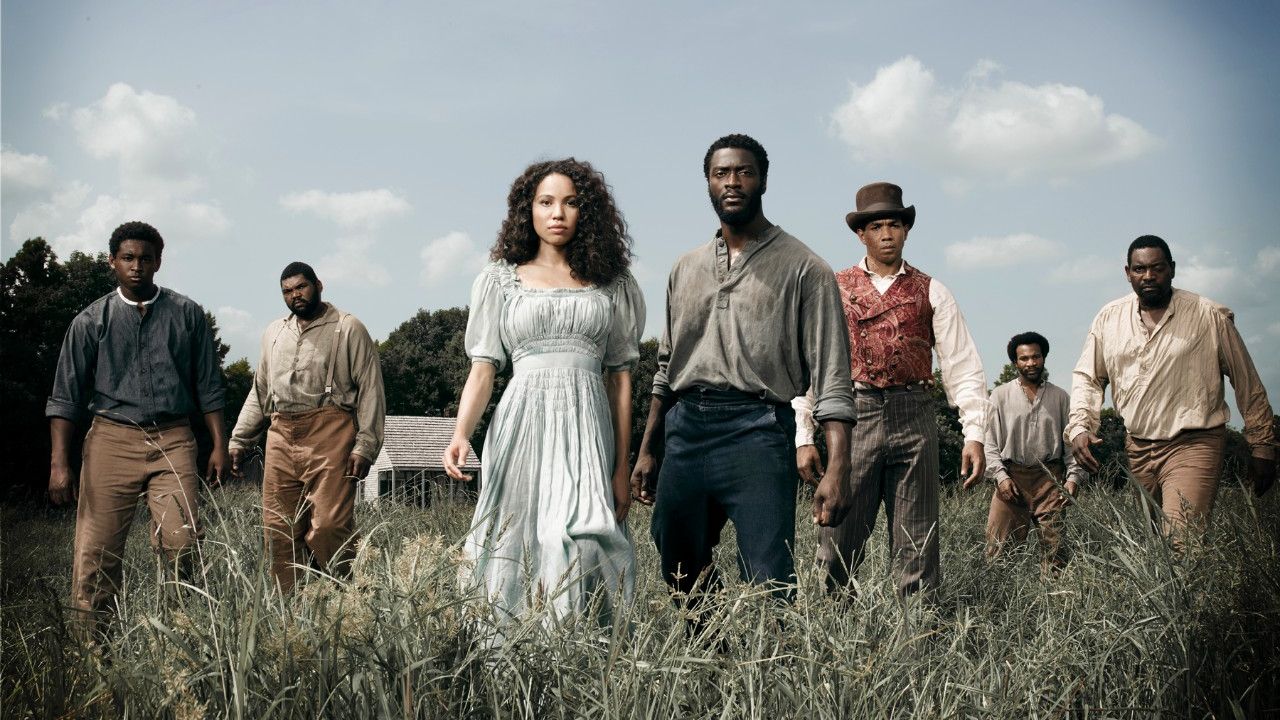 Personally, I’ve always found it puzzling when people denounce slave stories. Though black and brown faces are too often confined solely to films about slavery and enslavement, I still don’t relish the complete eraser of these tales. After all, this pivotal time in history has shaped not only our people, but our country as well. However, Black people do need to take on these stories ourselves. It should not be left up to the Hollywood establishment to present the history of our people on screen. It’s past time for us to take the reigns. With Nate Parker’s unprecedented success with his film “Birth Of A Nation” at this year’s Sundance Film Festival, and now with WGN America’s striking television series “Underground”, it seems that we are finally moving in that direction.
Personally, I’ve always found it puzzling when people denounce slave stories. Though black and brown faces are too often confined solely to films about slavery and enslavement, I still don’t relish the complete eraser of these tales. After all, this pivotal time in history has shaped not only our people, but our country as well. However, Black people do need to take on these stories ourselves. It should not be left up to the Hollywood establishment to present the history of our people on screen. It’s past time for us to take the reigns. With Nate Parker’s unprecedented success with his film “Birth Of A Nation” at this year’s Sundance Film Festival, and now with WGN America’s striking television series “Underground”, it seems that we are finally moving in that direction.
